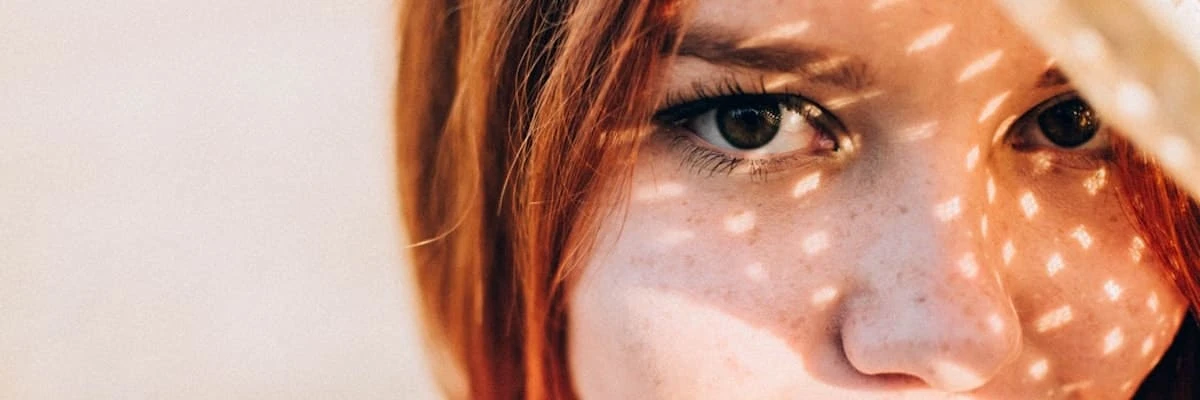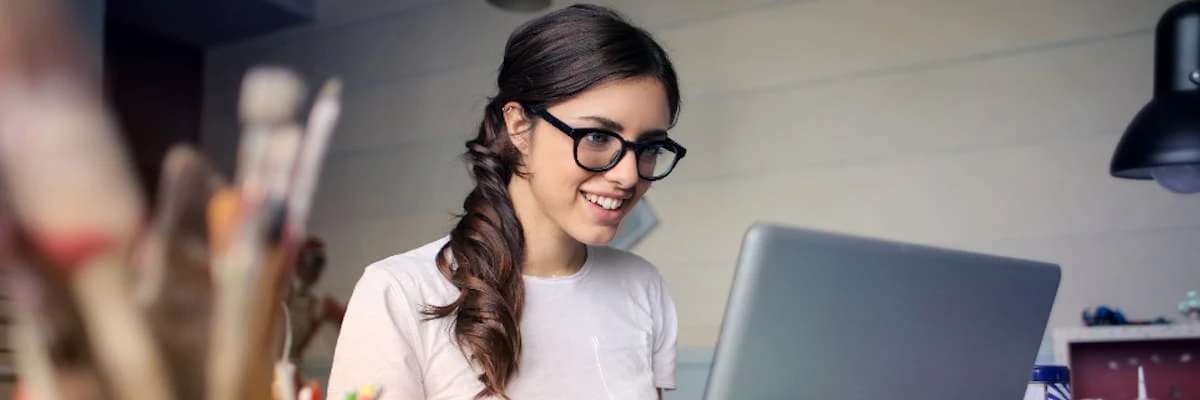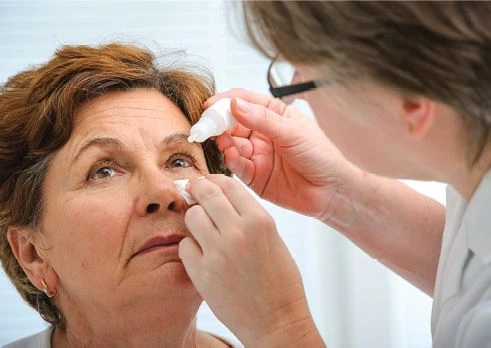UV Exposure Effects on Eyes
personalEYES | 6 Jun 2019

The damage UV rays can do to the eyes should not be underestimated.
Of course it is at its worst in the summer, but harm can occur anytime of the year and simple precautions must be taken to keep our eyes safe.
Compare it to the damage UV rays can do unprotected skin and we have all been made aware of the risk which that involves. Over exposure of the eyes to the sun can potentially lead to an accumulation of ultraviolet rays which can heighten the risk of eye diseases such eye cancer and cataracts, a leading cause of blindness worldwide.
Intense UV exposure can also cause temporary blindness known as photokeratitis, while extended sun exposure is linked to growths such as pterygium or surfer’s eye.
Ophthalmologists recommend the following tips to protect the eyes from the sun’s harmful ultraviolet rays:
- Wear sunglasses even if it’s cloudy. Damaging UV rays go through clouds and can burn skin and eyes even when the sky is overcast.
- Wearing a hat with a wide brim as well as sunglasses and sunscreen can make a big difference. Studies have shown hats decrease the risk of eye disease related to extended UV exposure.
- Choose sunglasses that cut out 100 percent of UV rays. Use only glasses that block both UV-A and UV-B rays. Choosing sunglasses just by the darkness of their lenses doesn’t indicate the strength of UV protection. Close-fitting wraparound styles offer the best coverage.
- Some medications which are prescribed can carry a message indicating there can be increased sensitivity to the sun. Believe this warning and take extra precautions whilst using those treatments.
- Beware of reflected light. It can bounce back from water particularly, but also footpaths and sand.
- Wraparound sunglasses can provide more UV protection coverage than your contact lenses. Your whole eye is not covered with a contact lens and burning can occur.
It is no chore to wear sunglasses. They look cool and by wearing ones with a 100 percent UV protection, you may be saving your eyesight.
A check-up of your eye health is critical to ensure damage has not already been done – and can identify any problems which may be in their early stages and can respond to treatment.



